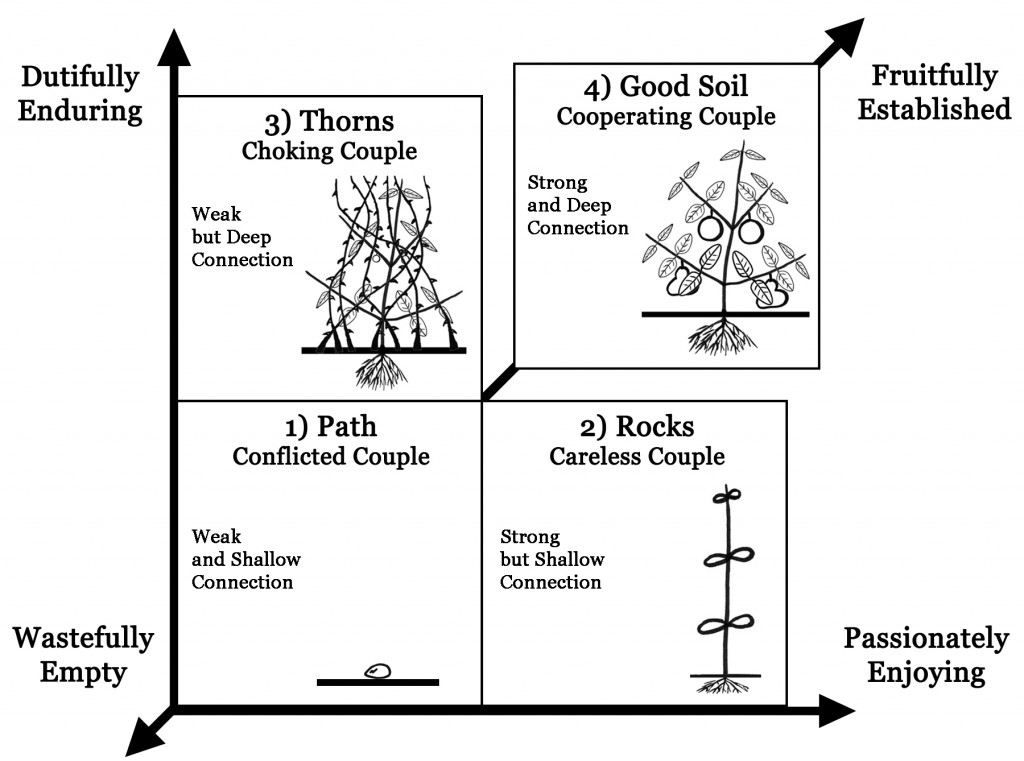Trust is fragile because people can be fragile. Each of us is only as whole as the effort we’ve spent to heal from our emotional wounds.
When you act unreliably toward someone, you might be weakening an already wounded part of them. This makes repairing the relationship complicated. The process can be relatively easy if you already have goodwill built up in the relationship. If not, then the rebuilding can feel impossible. And sometimes, it might be.
Forgiveness can be easier than trust because forgiveness requires nothing further from the offender. You can forgive and move on without necessarily continuing the relationship. Trust, on the other hand, requires that both people coordinate a complex repair process.
Even so, since you can’t control how much effort the other person puts into the relationship, you are limited to what you can do. Here are 3 essential steps you can take to repair broken trust.
Repair Trust By Staying
If you are going to repair trust, you first need to decide that you are still committed. Consistency and patience build trust. Frequently changing your mind (being wishy-washy), a pattern of leaving and returning, and imposing time limits all hinder the rebuilding process.
Love always trusts. Love doesn’t give up. Love is patient. Trust comes easier for God because He doesn’t struggle with self-doubt when we betray Him with our sin. He’s with us for the long haul. He knows how the story ends. However, you and I might struggle with self-doubt when someone betrays us.
When you want to repair trust with someone, adjust your expectations to allow as much time as it will take. Because you care about the other person, it shouldn’t make a difference how long they need before they can regain confidence in you again. Don’t attach strings to the time it takes. You likely don’t have the full picture of what other wounds are involved.
Repair Trust By Sharing
The bond of trust is formed by the glue of vulnerability. Honesty is inseparable from vulnerability. If you’re not being honest, you are keeping your guard up, so you can’t expect trust to stick.
When you are vulnerable, you are allowing yourself to be seen as you really are. No pretense. Vulnerability gives others a real reason to trust.
Before you can share yourself with someone else, you first need to know yourself. You can’t share what you don’t know. Invest time learning about yourself and learning to trust yourself.
What kind of relationship do you have with yourself? Whether you realize it or not, you do have a relationship with yourself. Are you kind and compassionate toward yourself? Are you self-sabotaging and self-condemning?
Are you reliable? Would you, trust you? Do you frequently betray yourself? It’s difficult to have a relationship with others if you hold onto self-doubt. Your lack of integrity won’t just affect others, it will affect you too.
Repair Trust By Serving
Being committed and vulnerable isn’t quite enough. At some point these fruitful actions need to ripen into direct service to the other person.
Jesus is committed to us. Jesus is vulnerable with us. We know this because He entered our world in the same bodily form as us and He came to serve not to be served (Matthew 20:28).
Jesus did not limit Himself to words alone but backed everything He said with actions that cannot be refuted. To regain trust, you must be worthy of trust–you must be trustworthy. This means your actions support your words.
Whether you’ve been betrayed, or you failed to keep your integrity, you now know what three ingredients make up the trust recipe. Are you allowing enough time? Are you using authentic ingredients? Are you willing to go beyond what you think is necessary in order to repair the relationship?
Are you interested in learning how to build trust with God?
Image by S. Hermann & F. Richter from Pixabay













